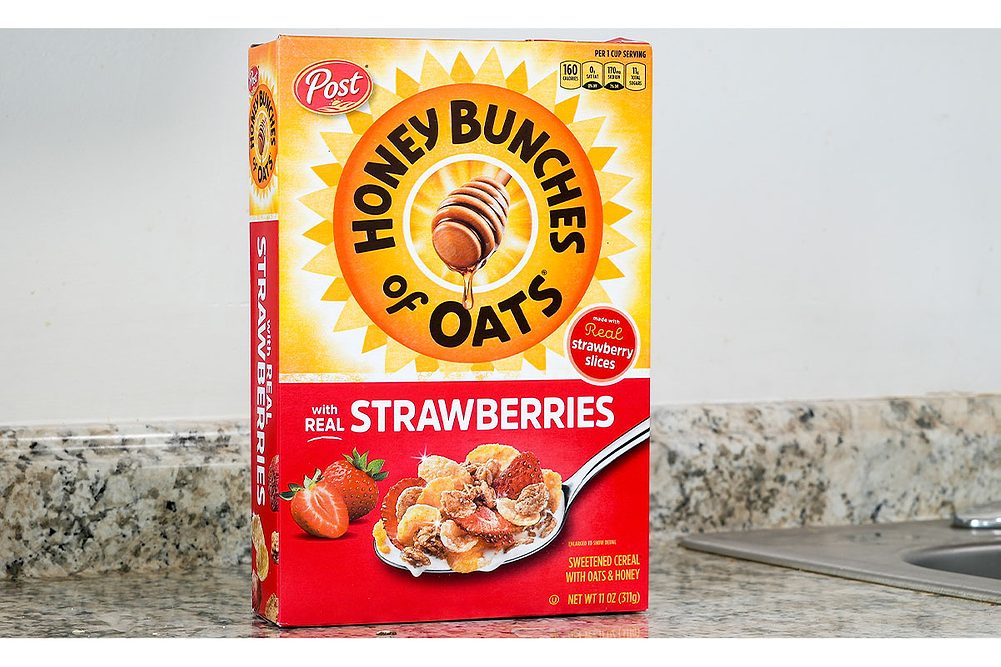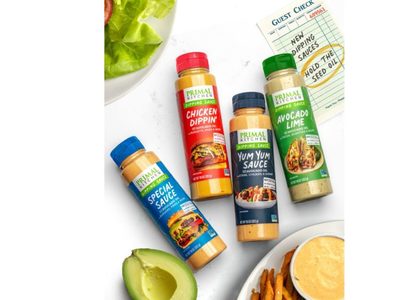ST. LOUIS — On the strength of recent acquisitions, sales increased by 23% in the second quarter ended March 31 for Post Holdings, Inc., but volume decreased in Foodservice and US Retail, and Supplemental Nutrition Assistance Program (SNAP) reductions negatively impacted Post Consumer Brands.
Net earnings were $97 million, equal to $1.60 per share on the common stock, up 80% from $54.1 million, or 98¢ per share, in the previous year’s second quarter. Net sales of $2 billion compared with $1.62 billion in the previous year’s second quarter. Acquisitions accounted for $468 million of this year’s second-quarter sales.
Acquisitions included a portion of the J.M. Smucker Co.’s pet food business completed on April 28, 2023, substantially all the assets of Perfection Pet Foods, LLC completed on Dec. 1, 2023, and Deeside Cereals Ltd. completed on Dec. 1, 2023. The pet food acquisitions were included in financial results for the Post Consumer Brands segment. The Deeside Cereals acquisition was included in financial results for the Weetabix segment.
Excluding the benefit of acquisitions, declines in Foodservice and Refrigerated Retail in the second quarter offset sales growth in Post Consumer Brands and Weetabix.
“Strong manufacturing performance, disciplined pricing and solid cost management continued to drive results,” said Robert V. Vitale, chief executive officer, in a May 3 earnings call. “With isolated exceptions, volumes generally declined. As we have previously mentioned, SNAP reductions are a meaningful component of the decline. However, there also remains a disconnect between macroeconomic statistics and consumer sentiment. Over time, we expect this to largely impact consumption location and price points rather than volume.”
St. Louis-based Post Holdings in its fiscal-year outlook raised its adjusted EBITDA guidance range to $1.335 billion to $1.375 billion from $1.290 billion to $1.340 billion.
In Post Consumer Brands, sales increased 78% to $1.07 billion from $599 million, with $461 million attributed to acquisitions. Excluding the benefit of acquisitions, volumes decreased 3.9% in the quarter, primarily driven by declines in non-retail cereal and peanut butter.
“Within grocery, cereal performed in line with the category as we held branded share in both dollars and pounds,” said Jeff A. Zadoks, chief operating officer. “Cereal category volume showed some signs of improvement as the rate of decline slowed to 3.6% for the quarter. We expect category volumes will continue to normalize in Q3 now that we have fully lapped the reduction in SNAP benefits. The main profit drivers within grocery continue to be carryover pricing and strong operating cost performance.”
In Refrigerated Retail, net sales declined 9% to $240 million from $263 million. Volumes decreased 5%, primarily driven by distribution losses in lower-margin cheese and egg products.
“Obviously, Refrigerated Retail is a little bit different segment for us because we don’t have a value alternative or a private label like we do in cereal for sure,” said Matthew J. Mainer, chief financial officer and treasurer. “So we don’t get that change in mix benefit. So we’re continuing to see investment in (promotions).”
Egg and potato products primarily make up Post’s Foodservice business, which saw sales fall 12% to $555 million from $633 million. Volumes decreased 2.2%, primarily driven by a decline in egg volumes that was offset partially by an increase in potato volumes. Declines were due to a slowdown in away-from-home demand and a reduction in key customer inventory levels.
“While we did see a pullback in overall egg volumes from declines in restaurant foot traffic and inventory reductions at certain customers, we continue to see growth, strong growth within our higher-margin precooked egg products, which were up approximately 5%,” Zadoks said. “There remains significant runway in our business by not only moving existing customers up the product value chain but also by converting the 40% of foodservice industry volumes still using shell eggs.”
Post has not seen any additional outbreaks in cases of highly pathogenic avian influence (HPAI) in farms it owns or farms where it has contracts, Zadoks said. In the United States, outbreaks of HPAI in recent months continued in chicken and dairy cattle.
Vitale compared trying to predict future HPAI outbreaks to trying to predict a tornado’s direction.
“What we focus on is making sure we have effective biosecurity over our facilities, and obviously, we can’t control what other participants in the market do, and then price becomes the independent variable,” he said. “So we would simply be hazarding a guess as to what direction something like HPAI will take, and I wouldn’t want to try to guess. What we would tell you is that we are prepared for multiple contingencies around no breakouts, breakouts that disproportionately affect us and breakouts that disproportionately affect our competitors.”
In Weetabix, sales increased 11% to $138 million from $125 million, with $7.2 million attributed to Deeside. Excluding the impact of Deeside, volume increased 2.9%, primarily driven by private label increases.
Companywide over the six months ended March 31, net earnings rose 27% to $185 million, or $3.06 per share on the common stock, from $146 million, or $2.64 per share, in the same time of the previous year. Six-month sales increased 24% to $3.96 billion from $3.19 billion.



